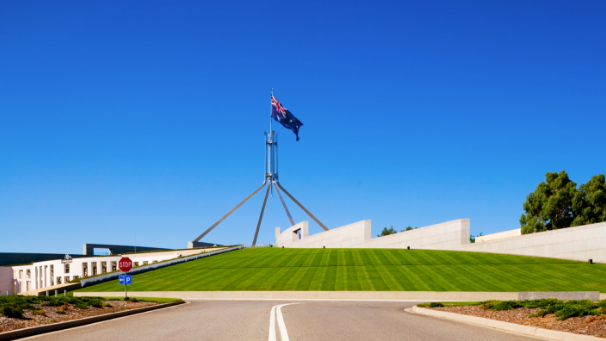Australia’s digitally incoherent politicians are threatening the ad and media industries
The growing incoherence of Canberra’s digital policies is threatening Australia’s media and marketing industries as well as its tech sector, writes Mumbrella’s Paul Wallbank.
A striking thing about the the botched first round of the federal government’s Regional and Small Publishers’ Innovation fund is a what a quaint idea Canberra has of innovation.
Of the 29 successful applications, seven are for content management systems, four are for websites and two are for email services. Welcome to 1998.



Why stop there?
No coherent economic policy.
No national energy policy.
No population policy.
No transport agenda.
No tax reform agenda.
We are the Greece of Asia.